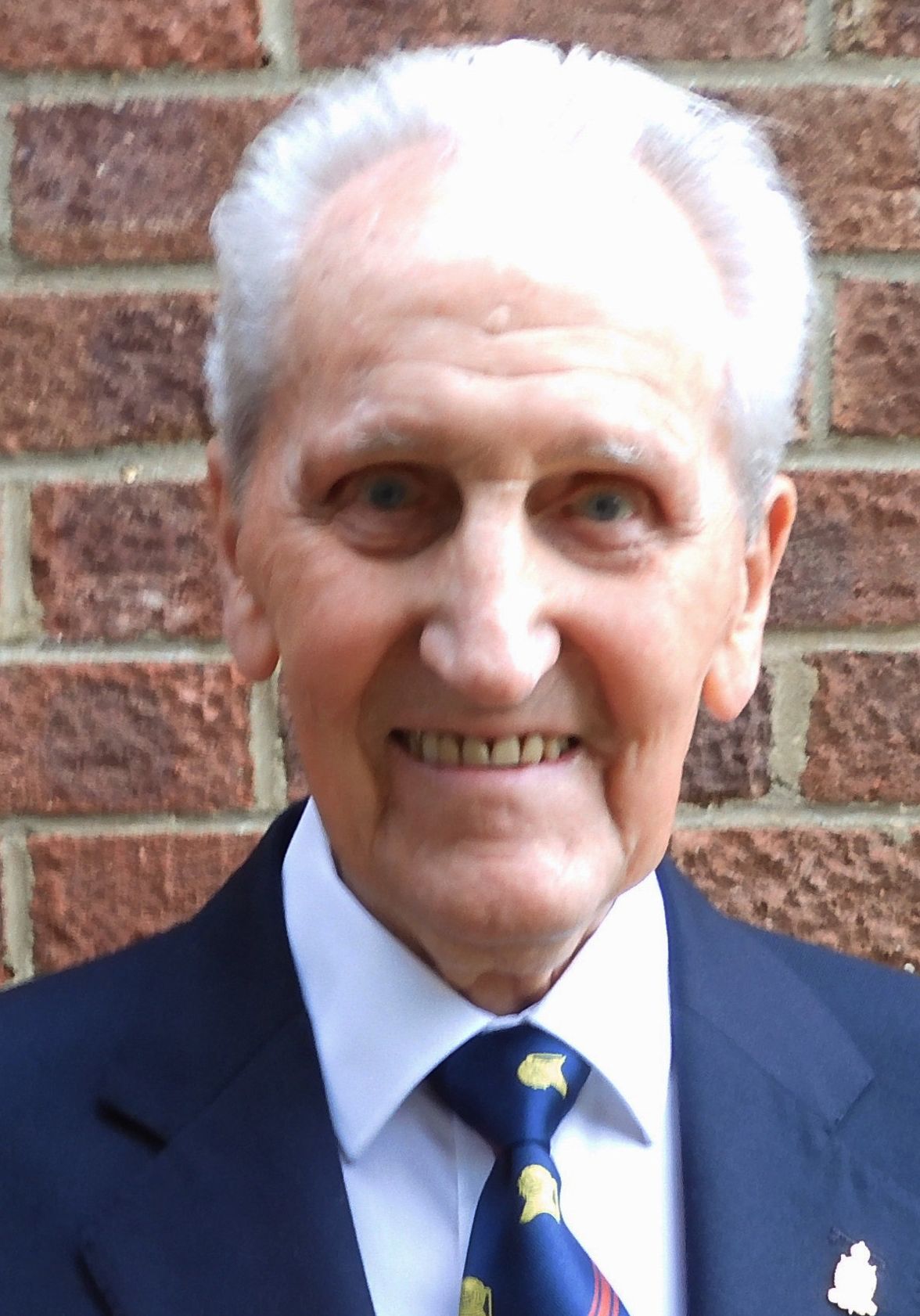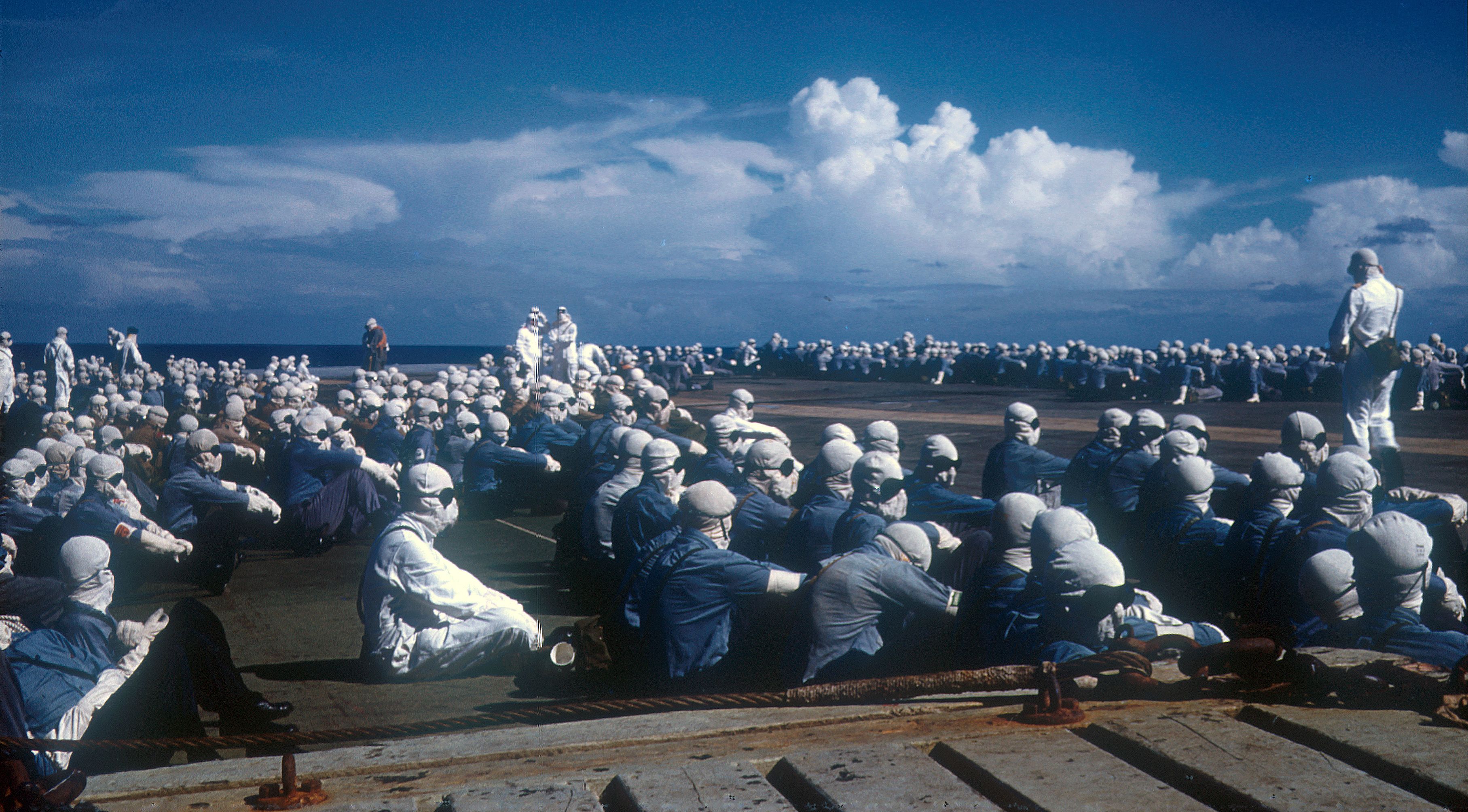
Arthur Dixon was born in Pembrokeshire in 1937. An only child, Dixon lived with his mother and grandparents while his father served in the Army Medical Corps. Dixon joined the Army as a boy entrant at the age of 15. At 18, he moved into adult service and was trained in the Royal Engineers as a field engineer before being posted to Germany, where he served until 1957. He was posted to Christmas Island in December of that year, shortly after marrying his wife Mary in London. On Christmas Island Dixon worked on road construction, in the quarry, and on several occasions assisted Atomic Weapons Research Establishment scientists with their work before, during, and immediately after nuclear weapons tests. Dixon remained in the military until 1977, becoming involved with diving and serving as sergeant major instructor at the Royal Engineers Diving School in Marchwood, Hampshire. After leaving the Army, Dixon worked in health and safety until he retired in 2007. He lives in Marchwood with his wife, and has a son, a daughter, two grandchildren, and a great-granddaughter.
Interview extracts
Description
Arthur Dixon discusses ill-health among veterans who served on Christmas Island. He struggles to reconcile the discrepancies in veterans’ health, with some veterans dying in middle-age and others living into their 80s and 90s. In Dixon’s experience, the vast majority of veterans have suffered some sort of illness, though the question of whether this has arisen from their service has proven almost impossible to answer.
Dixon trained as a field engineer and was posted to Christmas Island in 1957 having already served in West Germany. He contributed to road construction and was often commandeered by Aldermaston scientists to support their work during and after Operation Grapple.
This is a short extract from an in-depth interview. Arthur Dixon was recorded for the Oral History of British Nuclear Test Veterans project in 2024. The interviewer was Joshua A Bushen. The project was run in partnership with National Life Stories and the full interview can be accessed at the British Library.
Transcript
Well, I’m fortunate, I’ve got no illness that I can attribute to my time on Christmas Island, yet I’ve got a lot of friends that are no longer with us. And so, I’m split between the idea that some of them died really young, and why would someone who was same age as me, went through the same kind of boy service, military training, pop off at fifty-five. So I think there may be something there, but it’s difficult. I’ve been on several of the things where they’ve done surveys and monitoring people and things like that, and each time the government comes up. But the interesting thing was, we had a local seminar here where they came down and chatted to us about various illnesses, and for, I think about twenty of us in the room, every one had had some kind of illness. Not necessarily what they could attribute to being on Christmas Island, but they’d had an illness, whether it was a cancer or something like that.
[ends at 0:01:02]


